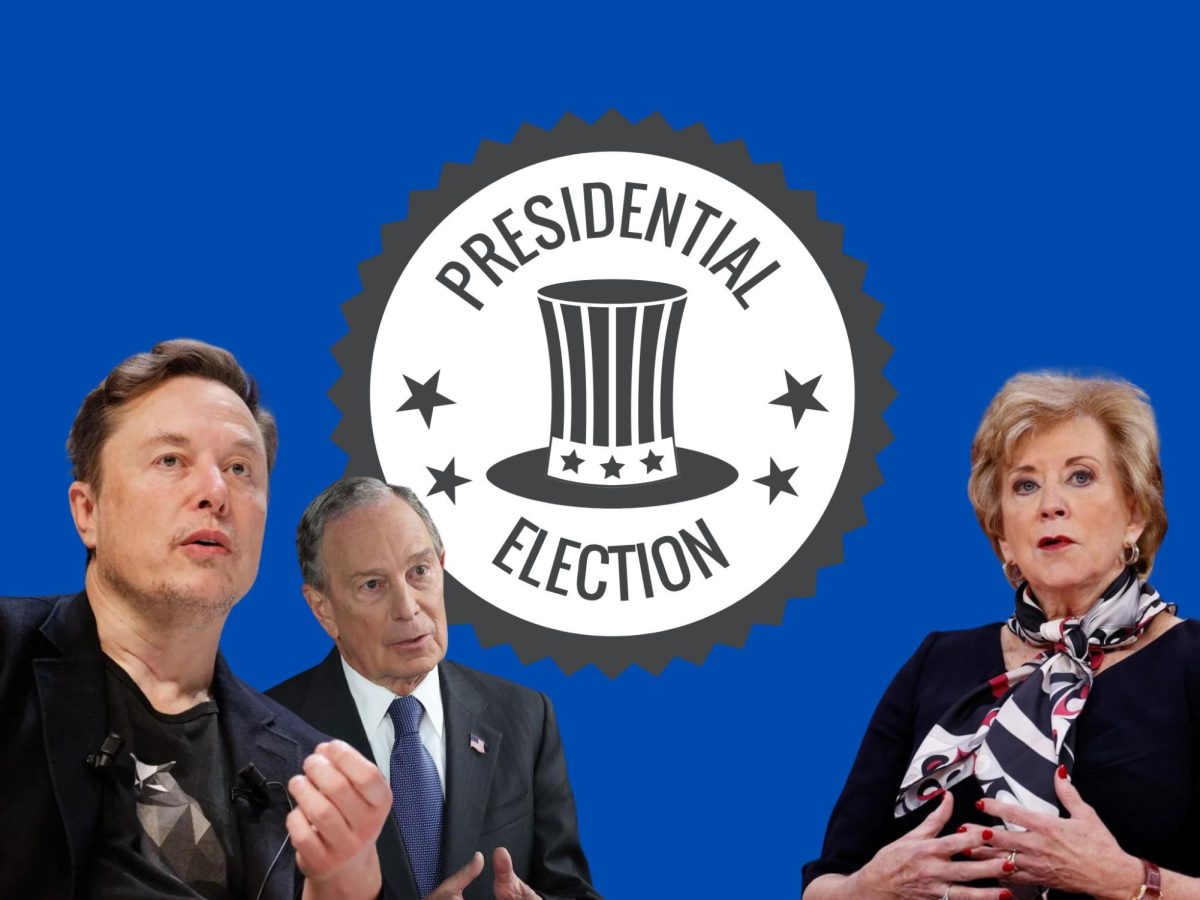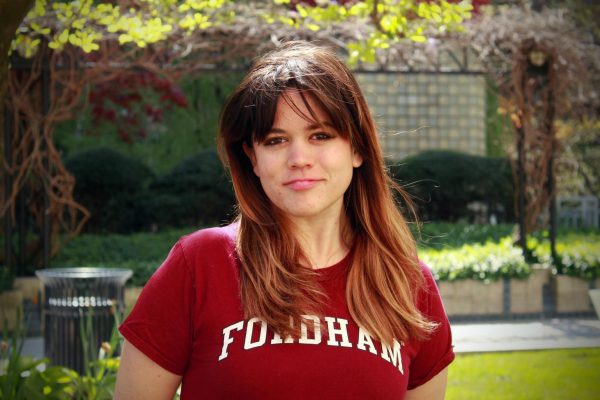Behind the polished image of campaign fundraising lies elitism, coercion and absurd vilification, all of which pose a real threat to democracy. As an intern in a political fundraising firm, I have seen firsthand how deep pockets influence election outcomes, but I’ve also seen hope for reform.
Have you ever been to a campaign financing event? If not, let me paint you a picture: excessive hors d’oeuvres, banal small talk and the expectation of a “generous” donation from every attendee. In my role as an intern at the firm who organized fundraising events, I always found myself awkwardly standing in a corner, staring at an endless parade of wealthy donors fawning over some idolized candidate, the scene so ridiculous it felt like a “Saturday Night Live” skit. I’m sure some patrons had good intentions, but I would wager that a majority of these elderly guests religiously donated to elevate their social status or fill a void even their own riches could not fix.
By its nature, campaign financing is an elitist world. In truth, that’s what had initially drawn me to it — I desperately wanted to explore every little fissure in that perfect, scintillating screen of a rare and highly sought-after network of politicians and lawmakers.
By comparison, a standard, middle-to-lower-class American voter has significantly fewer opportunities to make a tangible difference in election outcomes.
What I discovered: Wealthy donors are willing to give to their favorite politician a paycheck of such an unfathomable amount that it made me want to bang my head against the wall, repeatedly. Most importantly, why anyone would wish to spend their money on a local politician (or any politician, for that matter) is a perplexing question. In a shameful era of political corruption and never-ending scandals, many would deem our democratic prospects bleak and unworthy of any kind of tangible financial support.
These affluent donors have a grossly disproportionate influence over election outcomes. Unsurprisingly, the fabric of U.S. politics has long been strained by the overwhelming influence of money, a concern brought into sharp focus by the landmark Supreme Court decision Citizens United v. Federal Election Commission (2010), which has been heavily criticized for allowing corporations and special interest groups to spend unlimited amounts to sway elections. In recent years, according to the Brennan Center, there has been a sharp rise in super PACs and dark money groups like 501c4s, whose work often entails running a candidate’s campaign for them despite laws attempting to prohibit such ethical, political and financial violations. Consequently, the proliferation of such interest groups in elections have all but choked our political system, which is now more expensive than ever before and has become less about actual candidates and more about which party or interest group can raise the most money. By comparison, a standard, middle-to-lower-class American voter has significantly fewer opportunities to make a tangible difference in election outcomes.
Nevertheless, swift opposition has emerged; according to Public Citizen, 19 states and over 700 local governments have formally called Congress to enact a constitutional amendment to overturn Citizens United and related decisions. In fact, the push for reform is not just a matter of political posturing; it also resonates with the American public. Pew Research findings show that 77% of Americans support capping how much money individuals and organizations can contribute to political campaigns, underscoring a broad consensus for change.
Looking ahead, we can take inspiration from state-based initiatives, such as New York’s very own Matching Funds Program. The New York City Campaign Finance Board reports that the Matching Funds Program matches candidates with up to $2,000 from public funds for each individual donor’s contribution. The program enhances transparency and accountability in campaign financing through strict reporting requirements, such as thorough records of all donations that are reported to the New York State Board of Elections. Most importantly, it incentivizes candidates to engage with the constituents they seek to represent rather than relying on a small number of wealthy donors, particularly since public funds will only match donations within an accessible limit — typically no more than $250 in total donations per individual and per election cycle.
We’re still a long way from nation-wide changes to campaign financing laws. To my disappointment, I anticipate the upcoming years to hold many more supercilious fundraisers and meaningless shows of power. But in such a crucial election year, when super PACs and dark money groups’ prominence threatens to overshadow our power as individual voters, it is essential to know there is hope.


